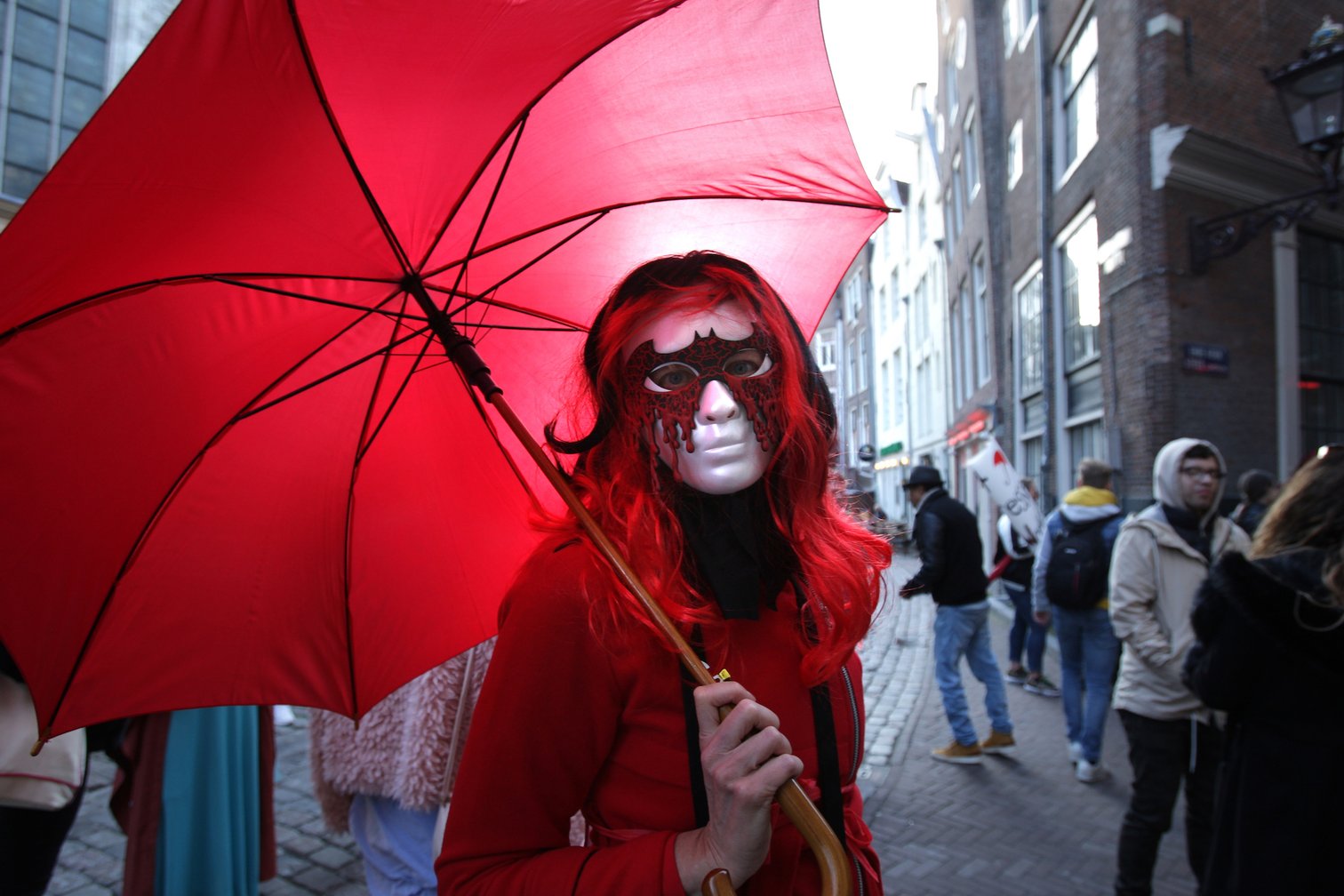If it had been, space would have been made to invest in communities targeted by exploitation to prevent trafficking from occurring.
If it had been, space would have been made for marginalised people to enter leadership positions as whole people. They would not be expected to identify primarily and continuously as a victim/survivor to maintain their role, and their individual story would not be seen as the source of their value.
If it had been, space would have been made for people who want to challenge the movement. For people who want to hold up a mirror and force self-reflection.
Instead, space was made for specific individuals to enter prominent roles so that they could serve the existing movement without creating problems.
Having this conversation respectfully, though, requires transparency of my own positionality. As someone who has worked in sex workers’ rights and anti-trafficking for close to 15 years, I have spent 15 years struggling to navigate, obscure, and set boundaries around disclosure of my own experiences in the sex trades.
I am used to being asked if I am a survivor or an expert, knowing that I can only be one and each side would invalidate the other. I have been a part of collaboratives which had only one role for a survivor, which was never invested in. I have known plenty of people for whom their story was their only way into a decision-making space, and who had the choice to disclose taken away from them again and again.
My decision has overwhelmingly been to not disclose personal experiences in sex work, including experiences of violence or exploitation in relation to that work. Below are some thoughts on what I have seen and experienced, and some of the reasons why I have the boundaries that I do.
Loss of community and solidarity
Tokenisation is inherently isolating. Instead of integrating multiple perspectives from a community or shared experience, it makes space for only one voice. As Malcolm X noted, “Tokenism benefits only a few. It never benefits the masses, and the masses are the ones who have the problem, not the few.”
Tokenising survivors with one particular story and centring it as the only meaningful narrative destroys bonds and inhibits community. It creates competition and peers become threats. This is especially true when survivors are dependent on their positions for their economic survival. Advocacy that pits survivors against each other decimates any chance of solidarity. Instead of participating in each other’s healing and resilience, peers are incentivised to invalidate each other and even to encourage more acts of harm.


Comments
We encourage anyone to comment, please consult the oD commenting guidelines if you have any questions.